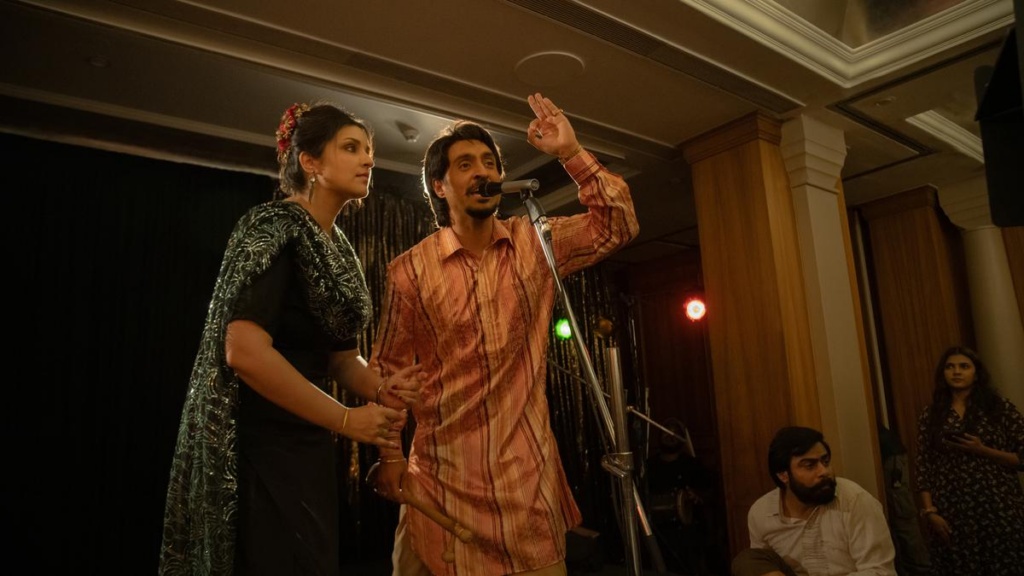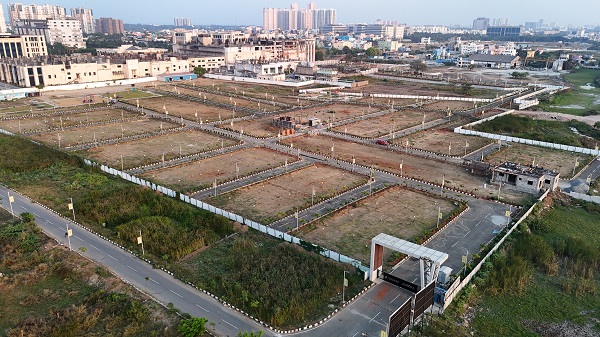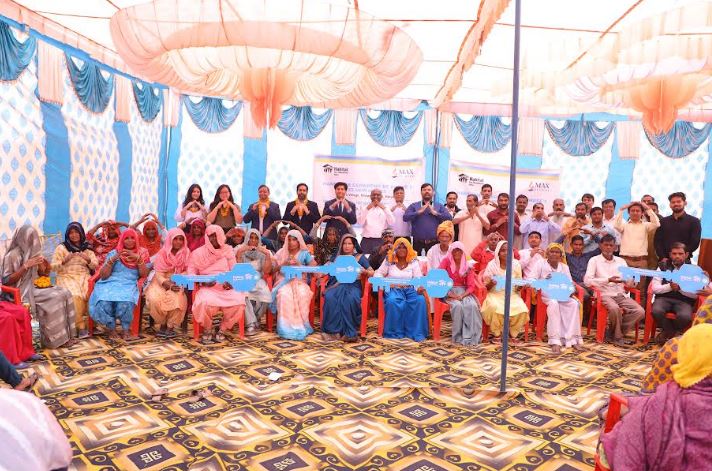“Chamkila” Imtiaz Ali’s vibrant tribute to the late Punjabi singer is less of an intricate examination and more of a celebration.
Born Dhani Ram in a Punjabi Dalit Sikh household, singer Amar Singh Chamkila rose to prominence in the 1980s with his gritty musical style and taunting lyrics. His ground-breaking compositions were equally aware of rural class discontent in the working North as they were fixated on incest and illicit love. He was shot and killed in Mehsampur on March 8, 1988, while getting out of his automobile for a performance by unidentified gunmen. Along with him were two other members of his troupe and his wife, Amarjot, who was also his singing partner. There were several explanations put out, but the case remained unresolved since the state was being overrun by a violent insurrection.
This strange incident from Punjab’s troubled past has previously been used as material for films, most notably in the innovative absurdist docu-fiction Mehsampur (2018) directed by Kabir Singh Chowdhry. Now, Imtiaz Ali attempts to tackle Chamkila, co-writing with his brother, Sajid. Fans who are already familiar with the basic details of the singer’s life and passing, along with many rumors, won’t be convinced again. In Ali’s film, no mysteries are solved and no ghosts are banished. This interpretation of the Chamkila story is somewhat simple and more of a vivacious celebration than a thorough analysis. It does, however, manage to provide a glimpse into the artist’s innermost thoughts despite its squareness.
Amar Singh Chamkila
| Director | Imtiaz Ali |
|---|---|
| Cast | Diljit Dosanjh, Parineeti Chopra, Anurag Arora, Kumud Mishra, Anjum Batra, Samuel John |
| Runtime | 146 minutes |
| Storyline | The life and times of the late Punjabi folk singer, Amar Singh Chamkila |
This happens considerably late in the film. Chamkila (Diljit Dosanjh) has sold out his Toronto show, during his overseas tour of ‘87. His oily impresario is grinning from ear to ear, telling him how, when Amitabh Bachchan performed at the same venue a few nights ago, they had to add 137 extra seats. In Chamkila’s case, he proudly adds, that number has exceeded a thousand. We expect Chamkila to cheer up at this achievement; he’s been, all his life, a devout Bachchan fan. Instead, his smile fades like the morning mist real explanation is provided for his blues: a narrator dryly notes that artists are strange creatures and that Chamkila’s dejection resembled something like a loss, as though his childhood had suddenly ended. This moment buried deep in the noise and tumult of Chamkila’s extraordinary life, is the best in Ali’s film, even if it’s wholly fictitious. Far from supplying answers about the slain Punjabi singer, mythologized to breaking point in popular discourse, it asks a gentle question: how comfortable was Chamkila, improbably baptized the ‘Elvis of Punjab’, with his meteoric rise?
Ali opens his tale with the fateful assassination, then proceeds to jumble up childhood and death, deed and aftermath, fact and hearsay. The lilting soundtrack begins to throb; images alter color and form; superimpositions appear. The wailing ‘Baaja’ reaches an angry crescendo, complete with spoken lines, like Broadway meets protest street theatre. It is a carousel spin of a start, reminiscent of the grainy dream sequences in Tamasha (2015), or the swirling structural schemes editor Aarti Bajaj devised for Rockstar (2011).
After this dramatic introduction, a largely subdued summary of Chamkila’s life and times follows. An average mill worker, he writes lyrics for the folk sensation Jinda (modeled after Punjabi singer Surinder Shinda) and brings him tea after charming his way into his orbit. An opportunity to perform for a furious akhada reveals his vocal prowess. He gains popularity by crooning upbeat duets, but he quickly runs out of supporters and a partner. Most people get tired of his high-pitched delivery and constant appointments, but Amarjot (Parineeti Chopra), who is tickled pink by his lewd rhymes, manages to stick around. They tie the knot.
It is known that Amarjot was descended from a Jat family of higher caste, while Chamkila’s ancestors were Chamar. Not only that but he was previously married, which he first keeps from Amarjot (and from Ali from us). Other factors were involved. Religious leaders and radicals roaming the countryside had placed severe restrictions on speech and culture; the police, who were cracking down hard in retaliation, weren’t any nicer. Chamkila was labeled as a renegade, or baagi, who corrupted young and families. He was exposed to various forms of intimidation and harassment as a result. In one chilling moment, a group of thugs show up at his door and tell him they enjoy his music before shaking him down for money.

Ali barrels through the dark sociopolitical atmosphere of 80s Punjab, as you’d expect from a filmmaker of his (mostly romantic) persuasion. There is a constant softening of mood and tone, be it through the vivid 2-D animation sequences or A.R. Rahman’s pulsing original soundtrack. ‘Ishq Mitaye’ is pained but glorious, with its echoing refrain of ‘Main hoon Panjab’, while ‘Naram Kaalja’ is a perfectly drawn women’s folk number, lyricist Irshad Kamil having fun with the skittish imagery, riffing about “small sickles” and “snakes around thighs”. Despite Chamkila’s inflammatory repute, this isn’t a particularly provocative film, mindful of cultural norms in its chosen time.








